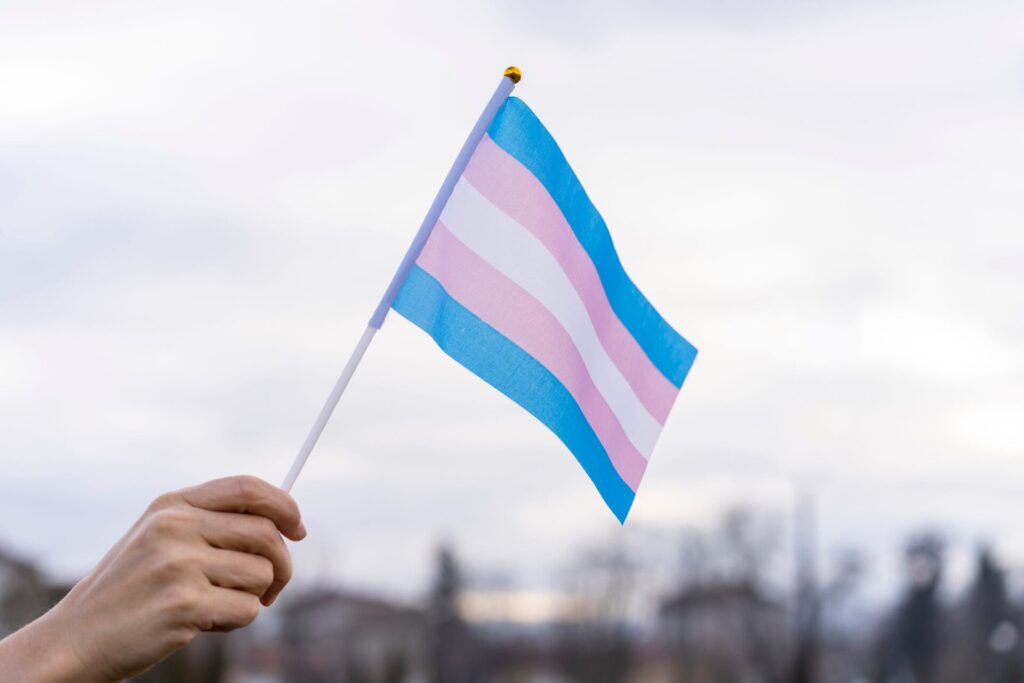Denise Cohen’s birthday is August 14, which, this year, is highly ironic. Cohen was the manager of the now shuttered Sisters, Philadelphia’s only lesbian bar, which closed earlier this week on August 12, much to the shock and surprise of the Philadelphia community. Her tenure at the bar was 17 years, an unheard of amount of time. Cohen, for the first time in 24 years, is unemployed, along with approximately 25 other employees of Sisters.
“It was out of my hands,” she said of the bar’s closing, comparing her venture to raising a teenager and losing her. “I need to start over.”
Indeed, the shuttering of Sisters is not just a blow to Cohen and her staff, but the entire Philadelphia community. Amber Hikes, co-founder and producer of Stimulus Productions, an organization that presents monthly female parties for the LGBTQ community, says that the closing of the bar is a setback to Philadelphia as a whole.
“The important thing to remember is that this is not just a hit to the lesbian community: it's a blow to the City of Philadelphia,” said Hikes. “This kind of loss affects us on a larger scale, in other areas like tourism. Lesbians who are considering traveling to Philadelphia often seek out options for nightlife before they choose to visit. Lacking a 365 lesbian bar hurts us tremendously.”
Although Sisters was the only such establishment in Philadelphia exclusively aimed towards lesbian women, the downturn in the economy truly hurt the bar, a trend that Cohen claims is consistent with other gay and lesbian clubs across the country. She couples the recession with the inability for Sisters to adequately update their facilities that ultimately created a cycle that the bar simply could not overcome.
“A lack of sales leads to a lack of change,” stated Cohen. “It was a circle that we couldn’t get out of. We did the best we could, but the community didn’t like it. It was just a matter of economics: less demand, less supply. There just wasn’t bank.”
Cohen also said that there are social reasons why establishments, such as Sisters, have a difficult time staying afloat. As lesbians become more accepted in society, women can go to straight bars or clubs. According to Cohen, being “out” in public really isn’t an issue.
However, as many individuals have noted, gay men in Philadelphia have a host of clubs and bars at their disposal on any given night of the week—a walk between 12th Street and 13th Street provides a plethora of establishments, from Woody’s to Tavern to The Bike Stop. How can there be so many clubs aimed towards gay men, and the single club dedicated to women shutter? Cohen suggests it has everything to do with gender and sociology.
“Men go out more than women,” she said. “When lesbians are couples, they become nesters. Gay men, as couples, will still go out. Women have it different, and there are not enough of them to support a wide variety of clubs.”
The other ongoing struggle with Sisters was what Cohen calls “the melting pot” of demographics that frequented the establishment. In essence, the club had to be something for everyone. Although this sounds nice in theory, in application, it alienated certain customers—there was no real way to make everyone happy.
“We would piss off certain demographics,” she said. “They’d leave, thinking, ‘This is not my cup of tea.’ We had to be a little bit of everything to everybody.”
Hikes agrees.
“It is an unfair and wholly misguided view to think that all lesbians will enjoy the same music, same types of drinks, same venue, same crowd,” stated Hikes. “We are diverse individuals and require different types of nightlife experiences, just like gay men. What is clear is that queer women in this city need more permanent options and more spaces to call our own.”
As far as the future of the space formerly known as Sisters, Cohen can only project an outlook.
“It’s going to be a bar,” she said. “It’s not going to turn into a Staples or an office building. Honestly, it depends on the money. It needs updating.”
That “updating” is not going to be an easy task: the building needs refurbishment and re-thinking, according to Cohen. And that calls for funds and extremely hard work. As Cohen puts it, “Sweetie, if it was so easy, I would have done it myself.”
Despite the media buzz about the closing of the establishment, Cohen wishes that the gay and lesbian community would support local bars before an economic crisis occurs.
“A bar doesn’t have a ‘going out of business’ sale,” said Cohen. “There’s so much public outcry over the closing. I just wish a lot of these same people were around before we closed.”
Still, Cohen acknowledged her loyal customers and employees and knows that there is a need for a unique space for LGBTQ women. For now, she starts a career search after a steady employment for 24 years in the lesbian bar industry (17 at Sisters and 7 prior at Hepburn’s).
“Something will open up. There will be a space,” she said. “Do I want to be a part of it? Of course I do!”
Brentano String Quartet saves the day for their Princeton audience
Discover the unexpected musical delights as the Brentano Quartet steps in last-minute at Richardson Auditorium. Don’t miss this riveting recap!





